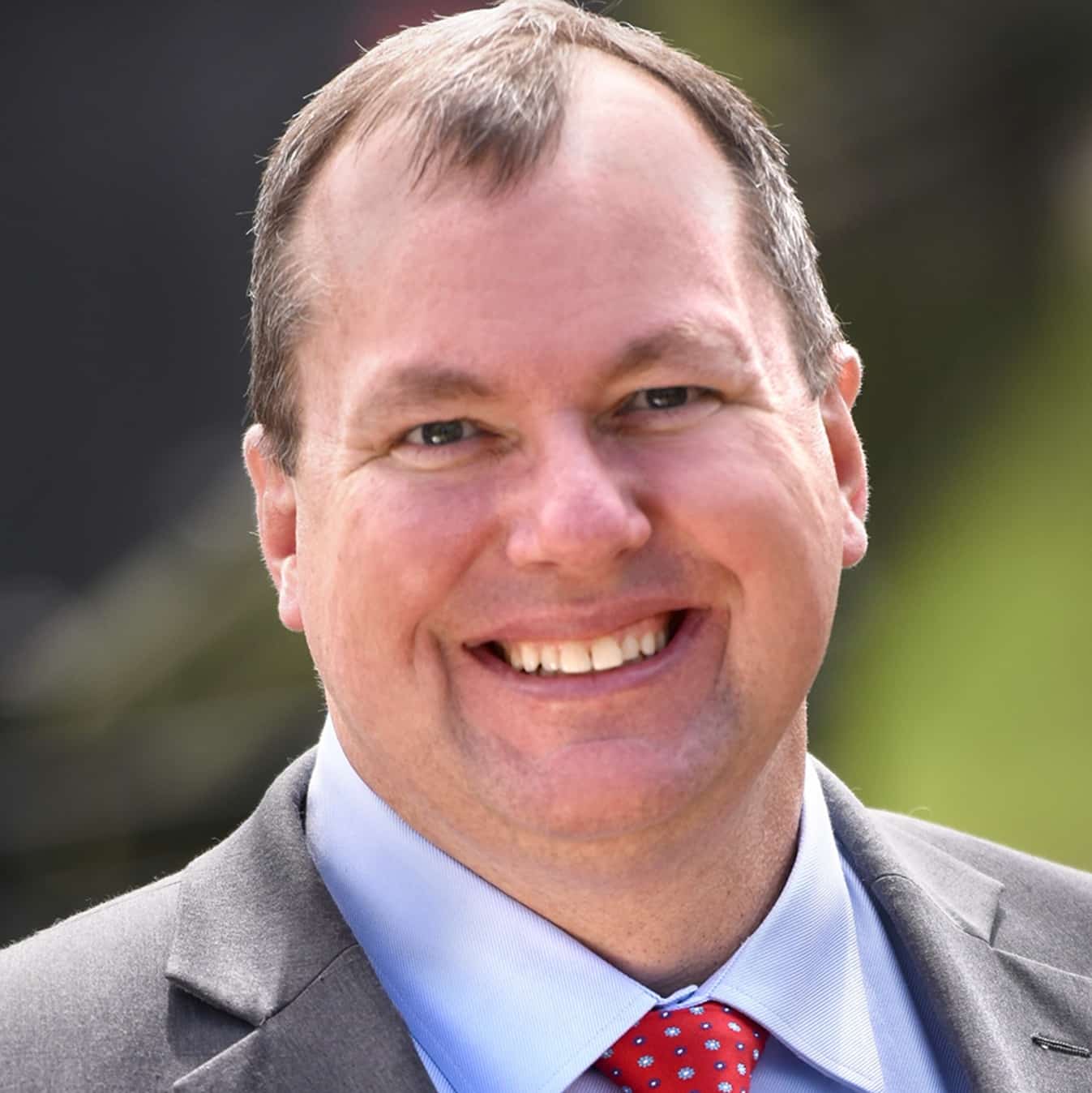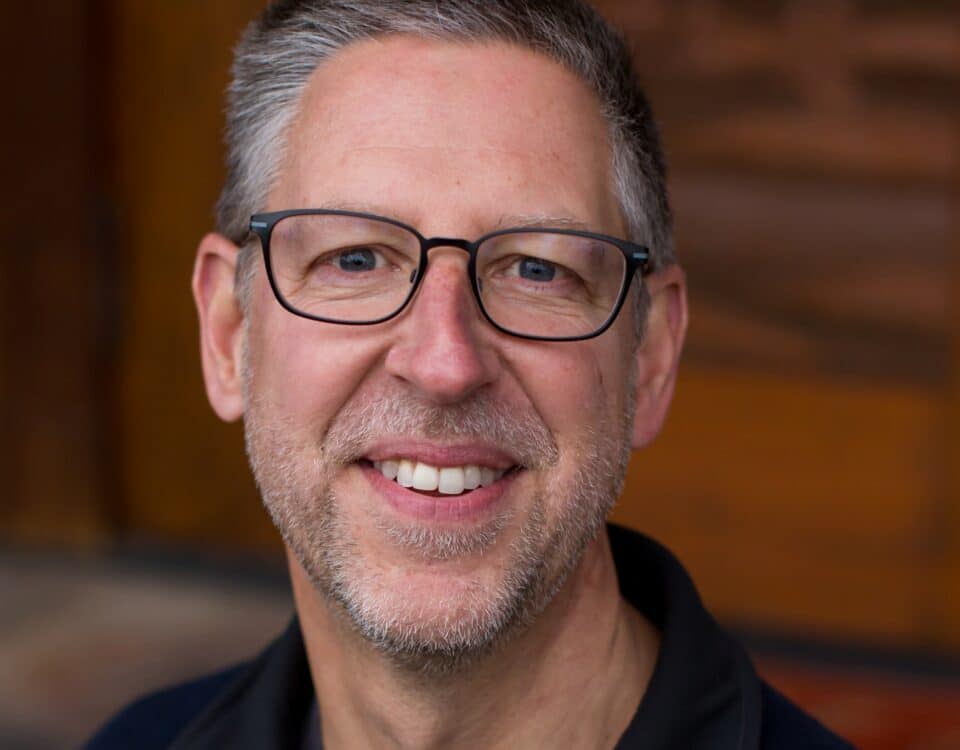
This startup secured enough lithium to power 50 million electric vehicles by using the Scaling Up platform
September 26, 2021The next big investment hub for unicorns…and it’s not China
September 30, 2021By Verne Harnish
Scaling a restaurant chain isn’t easy in any economy. It’s been even tougher for operators since COVID-19 arrived. That hasn’t stopped Raji Sankar and Randhir Sethi, co-CEOs of Wholesome International. Their Pittsburgh-based company, founded in 2004, owns 31 restaurants—25 Five Guys burger restaurants and six Choolaah eateries in Pennsylvania and Ohio—and employs 700 people. They are now on track to expand over the next few years to 30 locations at Choolaah, a chain of Indian restaurants known for melt-in-your-mouth dishes cooked in tandoori ovens at very high temperatures. To position their company for growth, they have worked with Scaling Up Certified Coach Herb Cogliano since 2020. Here’s how they are pulling it off, using the Scaling Up platform, described in Scaling Up: Mastering the Rockefeller Habits 2.0.
Attracting A players
The restaurant industry is known for high turnover, even in the best of circumstances. To make sure Wholesome International attracted great employees who wanted to stay, Sankar and Sethi embraced Topgrading, a system for hiring, coaching and retaining top talent recommended in Scaling Up. As they staffed up, they worked with Topgrading founder Brad Smart’s team. Using the system has helped them to bring on some significant hires, such as a vice president of operations who joined the company in May, 2020.
Today, most hires come through referrals from employees—which Wholesome International rewards with a $500 referral bonus. “We made it very aggressive, especially as the market gets tight,” says Sankar.
To attract talented managing partners, Choolaah in February introduced a compensation system, similar to the Outback Steakhouses’, in which these leaders receive a base salary plus a share of the bottom line based on the performance of their restaurant; they don’t have to put money down to participate. Currently, there are six managing partners in the program. “It’s about creating entrepreneurs,” says Sankar.
Creating a worker-friendly culture
In one example of how the owners have embraced Conscious Capitalism, the Choolaah restaurants all close at 8 p.m., rather than 9 p.m., allowing employees to enjoy the evenings at home with their families. When Sankar and Sethi decided to make the change, they knew the impact on operations could be significant, but their thinking was, “By the time other people will be closing down, our team will be home–they’ll love it,” recalls Sankar. As it turned out, customers simply began showing up at the restaurants earlier to order.
The company also closes the Choolaah restaurants on all major holidays. (The one exception is Labor Day, on which the stores will be closed starting next year.) “This allows them some time with their families,” says Sankar.
Aware of how hard it is to keep up with the rising cost of living, Sankar and Sethi also cut paychecks weekly for all employees at both brands. Though an app called Daily Pay, they also allow team members at Choolaah to get paid daily. “If someone needs to pay an unexpected bill or spend on something they weren’t planning for, this becomes very helpful,” says Sankar. Most of the money gets drawn down through the app on weekends, for bills, housing and food, according to data the employees have entered into the app, she says. This helps them to avoid payday loans and other costly forms of credit.
Through such policies, the company has been able to stick to its Vision of “transforming the lives of everyone we touch,” says Sankar.
Developing a clear vision
The big questions for Sankar and Sethi have been how fast to grow the company, where to open new locations and the best method for expansion. “Those come back to your vision,” says Sankar. “Are we true to our vision of who we want to be?”
To get clear on that vision, they worked with Cogliano on the One-Page Strategic Plan, starting in September 2020. In doing so, they defined their Values: Integrity, Honesty, Excellence, Growth, and Joy.
To keep the company aligned, Wholesome International holds weekly meetings for its leadership team, as well as quarterly planning meetings. In the quarterly meetings, they set Quarterly Themes, like “Sales, sales, sales,” illustrated by an ATM machine. For Q1, they are planning a virtual trip to Italy, for which the company is sending employees the ingredients to make chocolate lava cake at home, to keep the team motivated. “One of the things Herb suggested was to send them small reminders,” says Sankar.
To track everyone’s progress on both weekly goals and quarterly priorities, the company uses electronic dashboards and Align software. “Execution is everything,” says Sankar.
Breaking through constraints
As the company scales up, its leadership team is working on addressing constraints to growth. Last year, it addressed one such barrier: the cost of opening stores. It worked on reducing the size of stores so it could afford to open more. “We designed our kitchens to streamline our operations, reduce our footprint and increase our capacity,” says Sankar. “If you have a very expensive model to build out, that’s a constraint.” Such efforts have contributed to improved profitability, Sankar has found.
Sankar knows she and her team have only just begun with scaling the company. “We’re not even close to where we can take it,” she says. But now that she and Sethi have defined their vision for the company and begun to deploy the Scaling Up platform, they’re well-positioned for growth. “It took us from fear to fate to possibilities,” she says.




